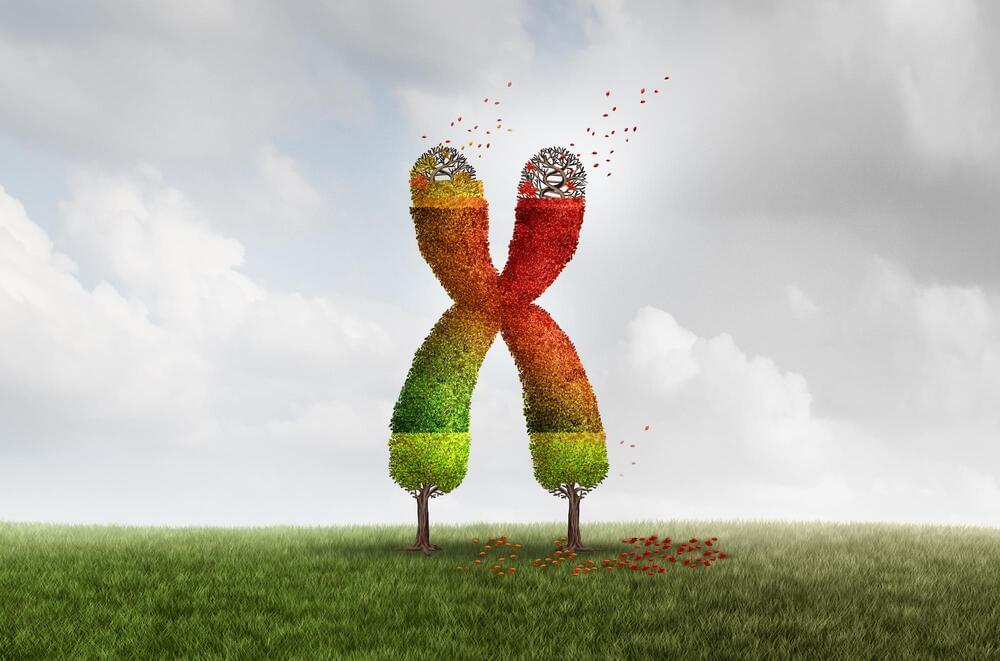Aging affects everybody, so it’s easy to understand why so much scientific attention is focused on studying it. Scientists in Canada now claim to have found that telomeres play a different role in cellular aging than previously thought.
One of the main points of interest in anti-aging biology are what’s known as telomeres. These are sections of “junk” DNA that form caps on the ends of chromosomes, protecting important genetic information from damage when a cell divides. But a piece of the telomere is eroded away with each cell division, and when it gets too short the cell stops dividing entirely, entering a dormant state known as senescence. The build-up of these senescent cells contributes to a range of symptoms we associate with aging, such as frailty and age-related diseases.
The implication of this model is that telomeres take on a pre-emptive protection role – they signal to cells to stop dividing as soon as one telomere wears out. But there is evidence to suggest that cell division can continue with as many as five dysfunctional telomeres.
